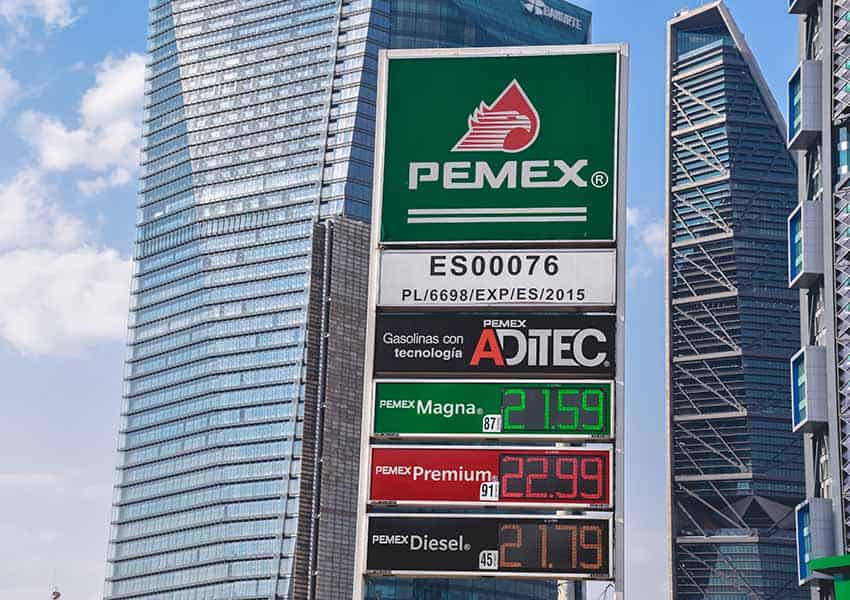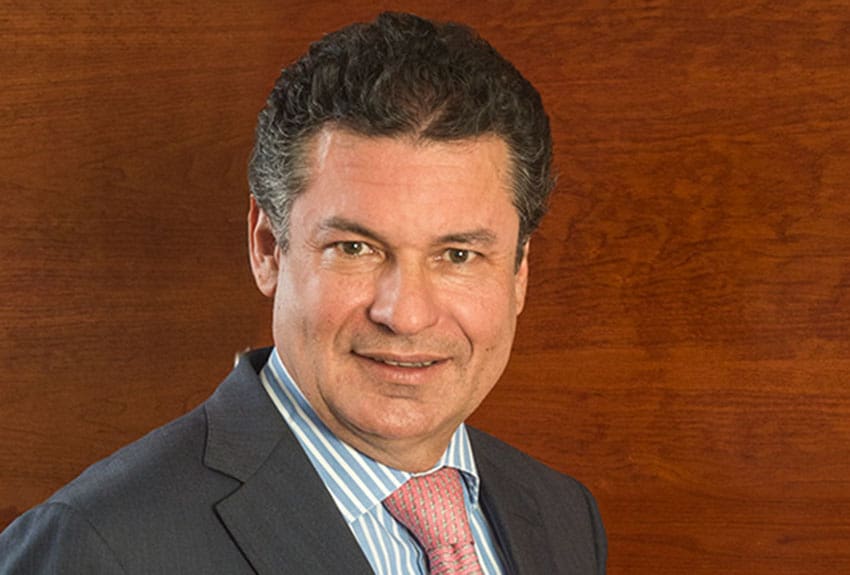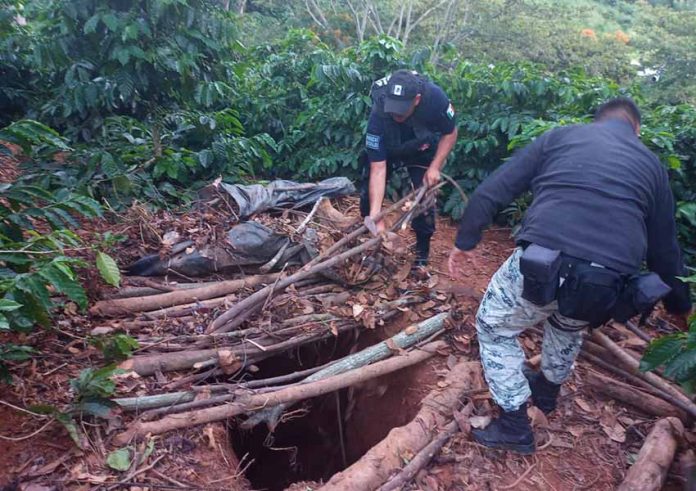The Transparency Committee of state oil company Pemex announced that it has restricted access to its database of fuel theft incidents, a move that the body said was in the interests of national security.
In response to a request for information, the Transparency Committee declared that revealing which pipelines are most targeted by oil thieves “would cause serious damage to the national security of the strategic facilities of this company and the safety of people.”
The database contains information on the states, municipalities and towns where clandestine pipeline taps have been detected by Pemex between January 2009 and August 2022.
In its ruling, the committee insisted that allowing the public access to this data “would be comparable to guiding criminal groups to detect targets where the placement of a new clandestine tap would be most accessible.”

“If this information fell into the hands of organized criminals, it would put personnel at risk of being attacked in person or in their vehicles … which can generate further crimes such as robbery and extortion,” the committee said.
The committee will restrict access to the database for the next five years, it said.
“[Fuel theft] has become one of the main sources of income for criminal organizations in the country,” their statement said. “The milking of Pemex pipelines has generated economic losses to this state company and its subsidiaries. For this reason, it has been necessary to develop strategies that help minimize this crime, so that the resources of the nation do not end up in the coffers of criminal organizations.”
Fuel theft has boomed in Mexico in the last 10 years, becoming a key revenue source for drug trafficking organizations like the Jalisco Cartel that branched out into other criminal activities like black market gas sales. Fuel theft has also led to the emergence of criminal groups specializing in the criminal activity, such as the Santa Rosa de Lima Cartel in Guanajuato.
The crime is particularly prevalent in central states such as Hidalgo, Puebla and México state.
However, some experts have raised doubts about whether Pemex is justified in restricting access to its data now, given that incidents of oil theft are currently far lower than they have been previously.
“Although the problem persists, more in times of high fuel prices, it is now of lower magnitude than in previous six-year terms, so I think [restricting access to the database] is excessive,” Flavio Ruiz Alarcón, a former Pemex consultant, told the newspaper El Universal. “Now we are talking about thousands of barrels, when before it was tens of thousands of barrels.”
Information obtained by the newspaper Milenio in May showed that fuel theft cost Pemex 2.46 billion pesos (US $123.6 million) between 2019 and 2021 — a staggering figure, but still 98% less than Pemex incurred between 2016 and 2018, during the administration of former president Enrique Peña Nieto.

But while the administration of President López Obrador appears to have had huge success in reducing fuel theft, the most recent figures suggest that increased global prices are driving the crime’s resurgence.
On Friday, the newspaper La Verdad reported that Pemex saw a 31.2% increase in clandestine oil taps during the first nine months of 2022, compared to the same period a year before. In light of this, some analysts have questioned whether Pemex could have an ulterior motive to restrict database access.
“More transparency is needed to know how much the problem of fuel theft weighs on Pemex’s finances, because I don’t think the problem is minimal,” Luis Miguel Labardini, a partner with Marcos and Associates Energy Consultancy and a former employee of Pemex and the Finance Ministry, told El Universal.
“I wouldn’t like to think that the struggle against oil theft hasn’t been as successful as presented, and one way of obscuring information is to classify it as reserved,” he said.
With reports from El Universal and La Verdad
